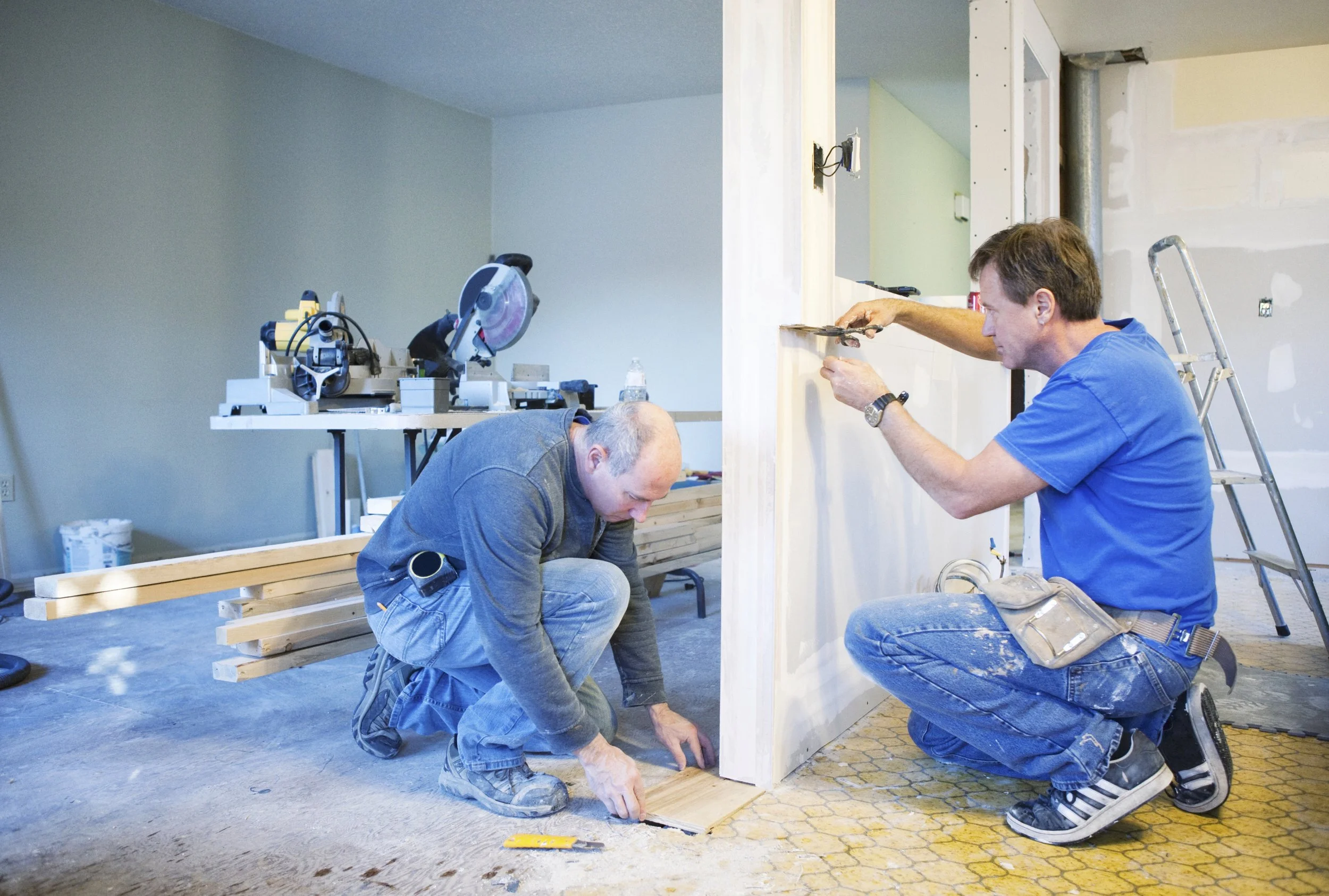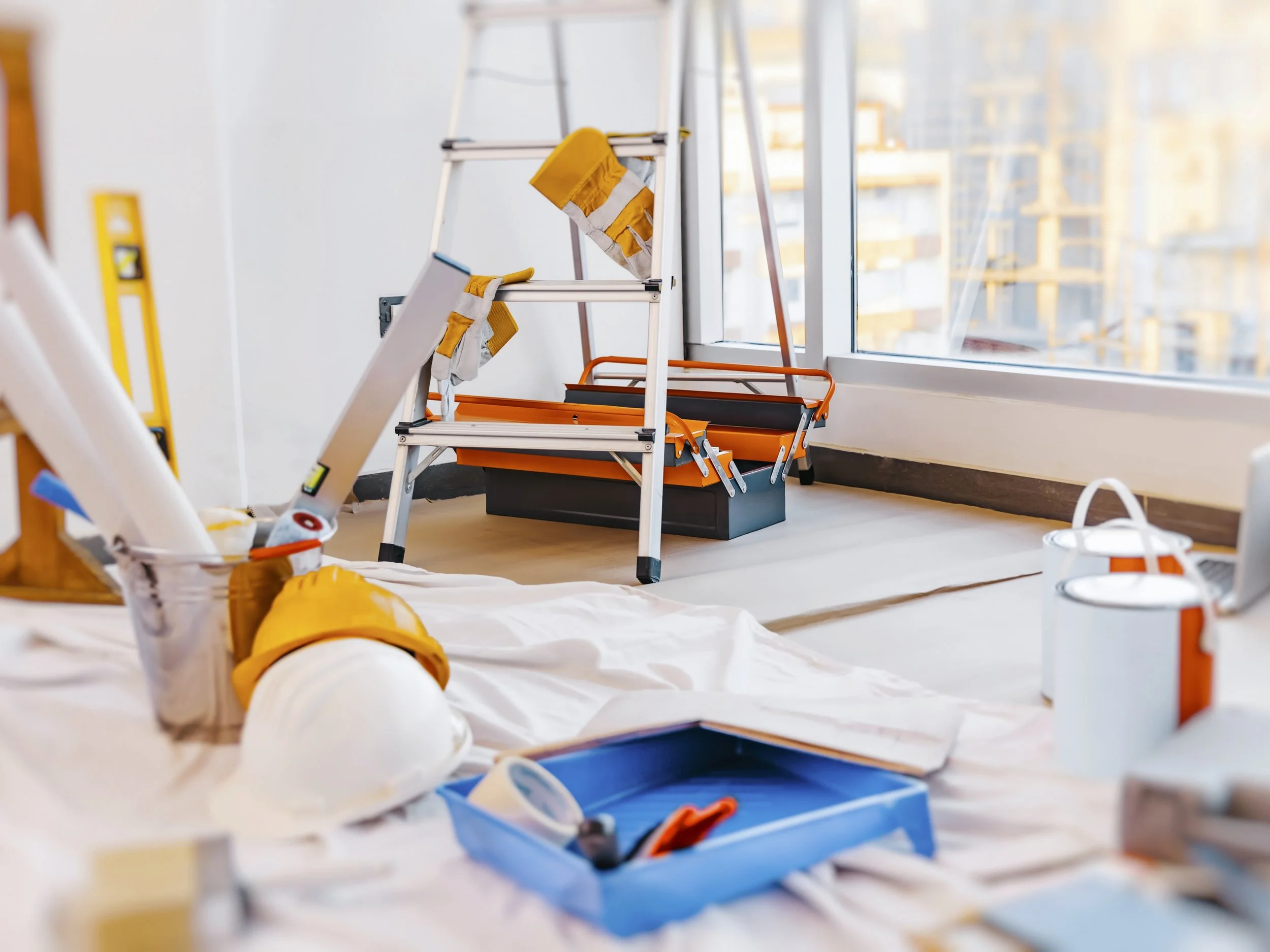Do Home Renovations Increase Home Value?
Hello homeowners! Today, I am going to answer the frequently asked question: Do home renovations increase property value?
Unfortunately, there is no one-size-fits-all solution, and I'm going to explain to you why I say this.
Understanding Renovation Cost Vs Renovation Value
The first thing you need to understand is that there are renovation costs and renovation values. Once you are familiar with both, it will help you better answer: will my house value increase after renovating it?
Renovation cost: This includes the costs of labor and materials for your renovation. Your general contractor will provide you with an estimate of the project's cost. You should allow for a plus or minus variance to get an idea of your total renovation cost.
Renovation value: This refers to the estimated value of your home after renovation. Typically measured in percentages, you won't actually know how much value the renovation added until you decide to sell your home.
With that being said, renovating your home will likely increase your home value, but by how much and at what cost? That's the catch.
One thing I know based on professional experience and national research is that most renovations will not see a dollar-for-dollar return.
But what does that actually mean?
The 70% Rule
If you decide to do a renovation that costs $50,000, it is not guaranteed to make your home worth $50,000 more. Unfortunately, that is not how real estate works, and that is not how home evaluations work.
On average, home renovations provide a 70% cost recovery.
Going back to our example, you may only see $35,000 from the initial $50,000 you invested when you sell your home.
So, if you are wondering which home renovations will yield the highest or the lowest return, I honestly cannot answer that question without knowing where your home is located. This is because real estate and home values are hyper-local-based.
Real Estate Market and Appraisal
All real estate is hyper-local, meaning that the real estate market trends in one neighborhood could be completely different from another neighborhood two blocks away. The value of your home is going to greatly depend on the market trends and ultimately what a licensed appraiser evaluates.
As a refresher, a licensed home appraiser is unbiased, and they evaluate the property based on:
Location
Size
Condition
Comparable sales in your area
The appraisal will take your renovations into consideration, but they have other variables that they need to factor into their equation for a fair market value.
And for a variable such as your comparable home sales, well, you do not have control over that. Nor do you have control over the local real estate market and if it is performing like a buyer's market or a seller's market.
Also, there is the possibility that the design and renovation style completed on your home may be specific to you and not what the general buyer may be looking for in your specific neighborhood.
To summarize, the average cost recovery for a home renovation is 70%, and whether that percentage is higher or lower will depend on your local market. As a homeowner, you need to ask yourself if the home renovations are worth your time and money.
Should You Go Ahead With Renovations? (My Opinion)
If you’re on the fence on a moving forward on a costly renovation, here's my best advice as an experienced real estate agent:
If renovating your home will significantly improve your quality of life and the renovation is within your means and budget, then that is reason enough to proceed with the upgrades. Add your personal touch to your home so that you can focus on enjoying it and enhancing your quality of life while living there. By doing so, you can keep the return on investment of the renovation as a secondary goal.
It can be really expensive to do renovations, especially if you go through a general contractor. So, something you may want to consider is finding ways that you can do the renovation yourself (DIY). Now, I'm not telling you to do something that you're not comfortable with or that may not be safe, but keep in mind that with renovations, there are materials and labor. You will save a significant amount of money if you do a portion of the labor or if you do all of the labor yourself.
Stay informed and be a little bit of a "nosy neighbor." If you notice an open house in your neighborhood, take the opportunity to see what the home is offering. By keeping up with trends and demands in your neighborhood, you can gain a better understanding of the typical renovations seen in homes on your street.
Consider requesting a Custom Neighborhood Analysis from your local realtor to get a complete report on your home and area. This analysis can be provided annually, or even monthly, upon request. Reach out to your realtor to learn more about neighborhood trends specific to your area.
Here to Provide Advice
I hope this information has given you insight and a new perspective on renovations, and that it has helped you answer the question, "Will my house price go up after renovating it?" As we've covered, the decision to renovate or not will depend on your individual circumstances.
If you're in the market to buy or sell, or if you have general questions about real estate, please feel free to contact me at:
Stephanie Hernandez
realtor@stephaniehernandez.com




